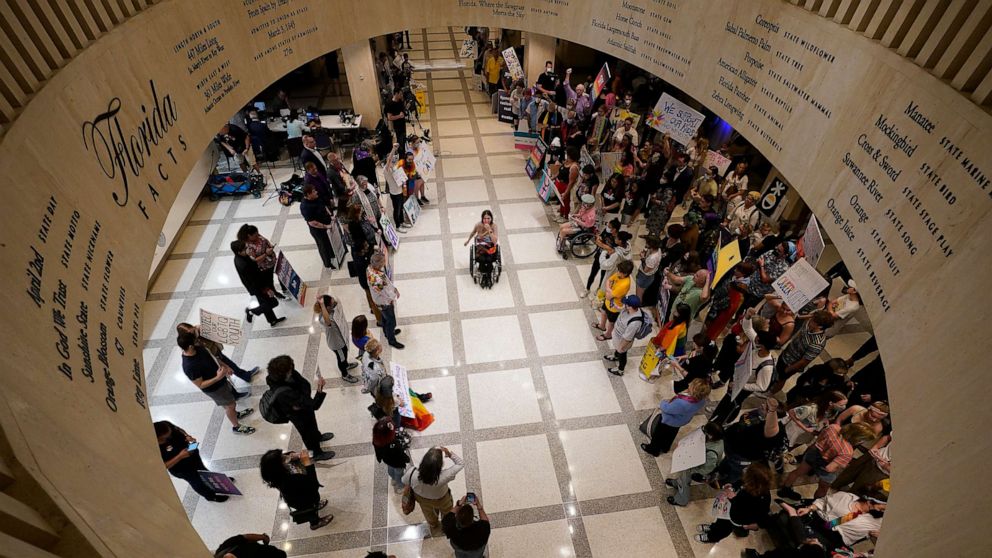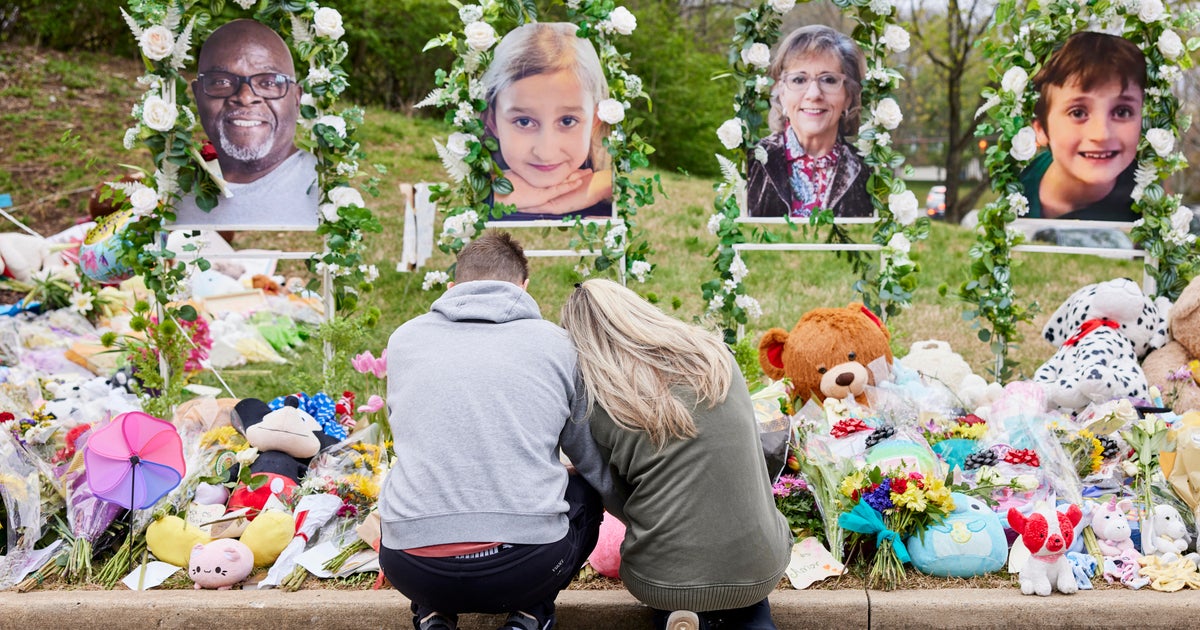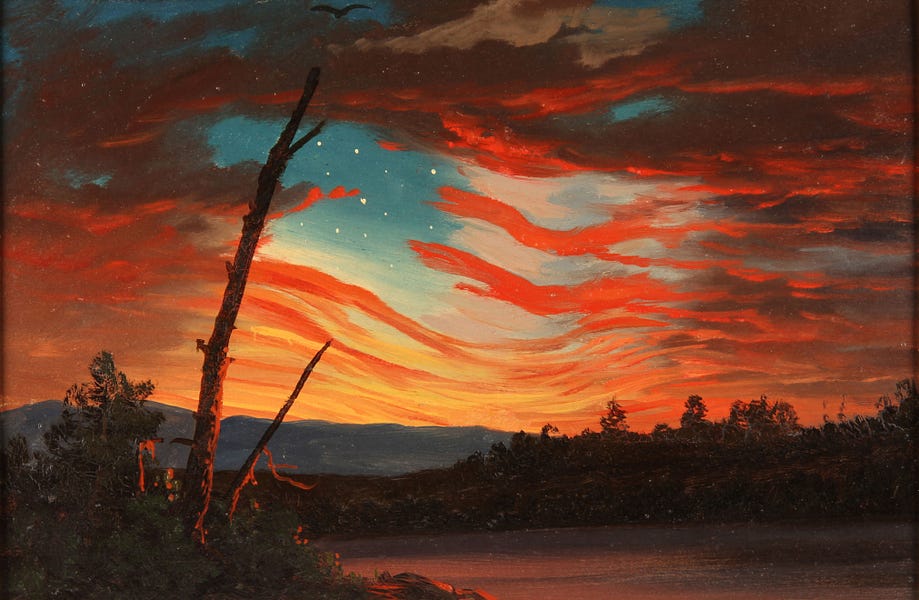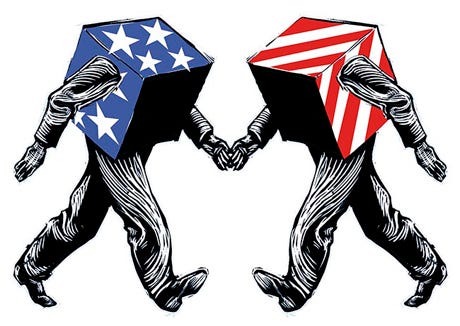In so many of the places our ancestors lived, all around the world, you knew a certain small number of people. And people you didn’t know were danger. People from another village: danger. People from another caste: danger. People who didn’t look like you: danger. And it’s easy to forget that the great accomplishment of so many modern societies has been to build institutions and sources of security and safety so that people don’t have to know other people personally, or know their grandmother, to trust each other. We are human, so we continue to fail at this all the time, and some groups bear the brunt of this mistrust. And yet, more often than we even think about, it works in ways that would have befuddled our forebears. We write checks to people we don’t know, share our addiction stories with people we don’t know, hire babysitters we don’t know from websites, eat semi-cooked meat and raw fish prepared by people we don’t know, live in houses engineered and built by people we don’t know, fly in planes and leap down from bungee platforms led by people we don’t personally know.
And it works. Most of the time, it works. And if you’ve lived and traveled in other places where anonymous trust is weaker, where people need to place you and know who exactly you are, all the way back to before you existed, to do business with you or have you over or talk to you at a party, you recognize the miracle.
My parents, immigrants from India, recognized the miracle. They were surprised, having migrated from India to the suburbs of Cleveland, Ohio, that people just said hi to you on the street. People don’t say hi to people they don’t know on the street in India. It’s just not a thing. But in Ohio they did, and my parents got used to it and loved it. They loved anonymous trust.
I tell you this because when I heard of these shootings in New York State and in Missouri, they made me think that our predicament now is deeper than we sometimes realize. We don’t just have a gun crisis, although we have a gun crisis of epic proportions. We don’t just have a polarization problem, or a disinformation problem, or a right-wing extremism problem, although we have all of these problems, and they are severe.
The particular details of these two shootings seemed to point to something even more fundamental. Not least because of these various other problems, we have entered into a state in which that foundational modern achievement of anonymous trust is cracking.
We are not merely divided; we are un-developing. We are — not all of us, thankfully, but many in this country — reverting to those eras of history in which anyone outside your circle had to be murdered if they came past your moat, because the presumption was that they would destroy you if you didn’t destroy them. Reverting to the purity-and-contamination framework of caste societies: my people are not just of similar mind and values and history; they are clean and safe, and others imperil me. Reverting to people getting their information from charlatans and god men and people they happen to know, not from empirical reality. Reverting to where the default assumption many people would make about why a strange person would go up their driveway is that they are coming to attack them.
In these two incidents, perhaps isolated but also emblematic, there is a certain vision of the world: Nothing and no one can be trusted, you and people like you are self-deputized law enforcers, and everyone in the world from beyond your moat is a suspect. This, I think, helps explain the spread of the thin-blue-line flag across much of the country. People aren’t just supporting the police. No one reveres anyone else that much. They are telling you that, in their own minds, they
are the police. They are flying the flag of themselves.
(full article online)
A reflection on two shootings

the.ink

 www.independent.co.uk
www.independent.co.uk


/static.texastribune.org/media/files/6d48ac6b8a618046680aa44f1bc90a02/1293%20Dustin%20Burrows%20JF%20May%2014%20TT.jpg)



:quality(70)/cloudfront-us-east-1.images.arcpublishing.com/archetype/UGPTB4JKKRGZ5PIQF5IUEUKNKA.jpg)
/cloudfront-us-east-1.images.arcpublishing.com/pmn/BIH7KVCJ5U2K7Q5GQYWR45ILIY.jpg)



